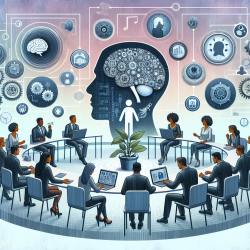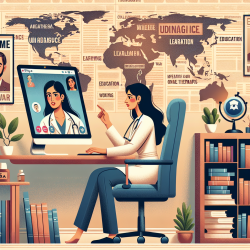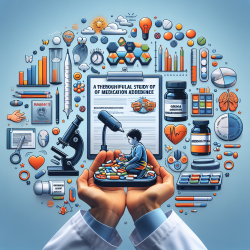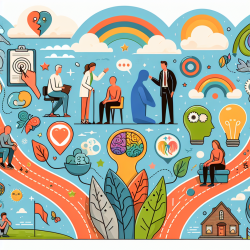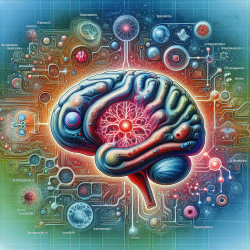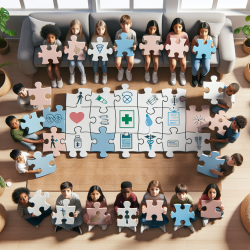The study focuses on a young adult with amnesia caused by neurodevelopmental mechanisms due to perinatal complications. This individual exhibited significant bilateral hippocampal atrophy and degeneration in the amygdalae, basal ganglia, and thalamus. Despite these impairments, certain domains of social information processing, such as empathy and core theory of mind (ToM) functions, were preserved, while others, like complex social judgments, were impaired.
Here are some key takeaways from the research that practitioners can implement:
- Holistic Assessment: The study emphasizes the importance of a comprehensive assessment that includes not just cognitive functions but also social information processing. Practitioners should employ a variety of tests to capture the full extent of a student's abilities and challenges.
- Focus on Preserved Skills: Identifying and leveraging preserved domains, such as empathy and basic ToM functions, can help build a supportive therapeutic environment. This can be particularly beneficial in fostering positive social interactions and emotional regulation.
- Targeted Interventions: Interventions should be tailored to address specific impairments, such as complex social judgments. Practitioners can design activities and exercises that gradually build these skills, taking into account the individual's unique neurological profile.
- Encourage Self-Reflection: Activities that promote self-reflection and awareness can enhance the individual's ability to understand and process social information. This could include journaling, role-playing, or guided discussions about social scenarios.
- Collaborative Approach: Working closely with other professionals, such as neuropsychologists and speech therapists, can provide a more rounded support system for the student. Sharing insights and strategies can lead to more effective interventions.
The research also highlights the potential role of the hippocampal formation in processing complex social information. This suggests that interventions targeting hippocampal function, such as memory training and cognitive exercises, might indirectly benefit social cognition.
For practitioners looking to deepen their understanding, further research into the relationship between episodic-autobiographical memory and social cognition is encouraged. Exploring how these domains interact can provide new avenues for supporting students with similar challenges.
By implementing these insights, practitioners can make a significant impact on their students' social and cognitive development, fostering a more inclusive and supportive educational environment.
To read the original research paper, please follow this link: Social cognition in a case of amnesia with neurodevelopmental mechanisms.
